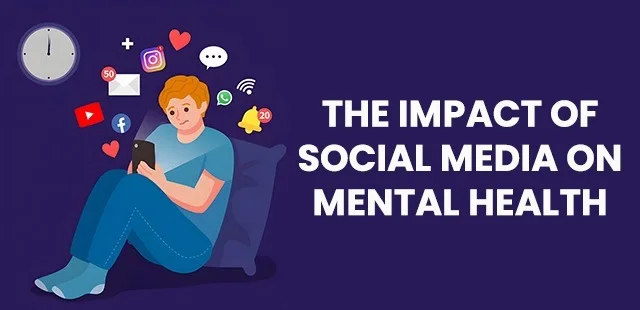The concept of “being present” is at the heart of mindfulness. In this article, we’ll explore the power of being present in a fast-paced world and how practicing mindfulness can help you reconnect with the present moment.
What Does It Mean to Be Present?
Being present means fully engaging with the current moment, paying attention to what’s happening right now without distraction. It involves using all your senses to observe your surroundings, your thoughts, and your feelings, without judgment or worry about what comes next. In a world that constantly demands our attention, learning to be present can reduce stress, improve mental clarity, and enhance our overall well-being.
Why Being Present Matters
- Reduces Stress
When we constantly worry about the future or ruminate on the past, it triggers stress and anxiety. Being present shifts our focus to the here and now, which can calm our minds and reduce stress levels. The practice of mindfulness teaches us how to let go of unnecessary worries and stay grounded in the present. - Improves Focus and Productivity
Multitasking has become a norm in today’s world, but research shows that it actually reduces productivity. When we are fully engaged in a task, we perform it better and with more efficiency. Being present allows us to focus on one task at a time, leading to higher quality work and a greater sense of accomplishment. - Enhances Relationships
Being present in our interactions with others helps foster deeper connections. When we listen attentively, maintain eye contact, and give our full attention to those around us, it builds trust and strengthens relationships. Mindful communication leads to more meaningful conversations and less conflict. - Increases Self-Awareness
Taking time to tune into your thoughts and feelings helps you understand your internal state. This self-awareness allows you to respond thoughtfully rather than react impulsively. It also provides insight into how your environment and actions impact your mental and emotional well-being.
How to Be Present in a Fast-Paced World
- Practice Mindful Breathing
A simple yet effective way to anchor yourself to the present moment is by focusing on your breath. Slow, deep breathing activates your parasympathetic nervous system, which helps calm the body and mind. Take a few moments during your day to pause and breathe deeply, paying attention to the sensations as the air enters and leaves your body. - Engage in Single-Tasking
Instead of juggling multiple tasks, try focusing on one task at a time. Give your full attention to what you’re doing, whether it’s eating, working, or having a conversation. This helps you perform the task better and allows you to enjoy the moment rather than rushing through it. - Unplug from Technology
Constant notifications and digital distractions make it difficult to stay present. Set aside designated times to unplug from your devices and be fully present in the moment. This could be during meals, family time, or while practicing self-care. Create tech-free zones in your home to help maintain balance. - Practice Gratitude
Take a moment each day to reflect on the things you’re grateful for. This helps shift your focus from what’s missing or causing stress to what’s already abundant in your life. Gratitude practices, like journaling or simply taking a mindful pause to appreciate your surroundings, help you stay grounded in the present. - Engage Your Senses
Being present means tuning into your senses. Engage fully with the sights, sounds, smells, tastes, and textures around you. Whether you’re eating a meal, walking in nature, or simply sitting in your home, make an effort to experience the world through your senses. This practice heightens your awareness and connects you to the here and now. - Create Mindful Routines
Incorporating mindfulness into your daily routines—such as your morning ritual, work routine, or evening wind-down—can help you stay present throughout the day. Use these routines as an opportunity to engage with each moment intentionally, whether it’s savoring your morning coffee or focusing on your breathing before bed.
The Benefits of Being Present
- Improved Mental Health: By reducing stress and anxiety, being present can significantly enhance your emotional well-being.
- Better Decision Making: Being in the moment allows you to make decisions based on your current situation rather than past regrets or future fears.
- Increased Happiness: Focusing on the present and practicing gratitude boosts happiness by helping you appreciate what you have now, rather than constantly striving for future outcomes.
- Deeper Connections: When you’re present with others, relationships flourish because people feel truly seen and heard.
Conclusion
In a world filled with distractions, being present is a powerful tool for mental clarity and emotional well-being. Mindfulness teaches us how to engage fully with each moment, enhancing our focus, reducing stress, and improving our relationships. By practicing small mindfulness techniques throughout the day, you can reconnect with the power of now and lead a more balanced, fulfilling life.



